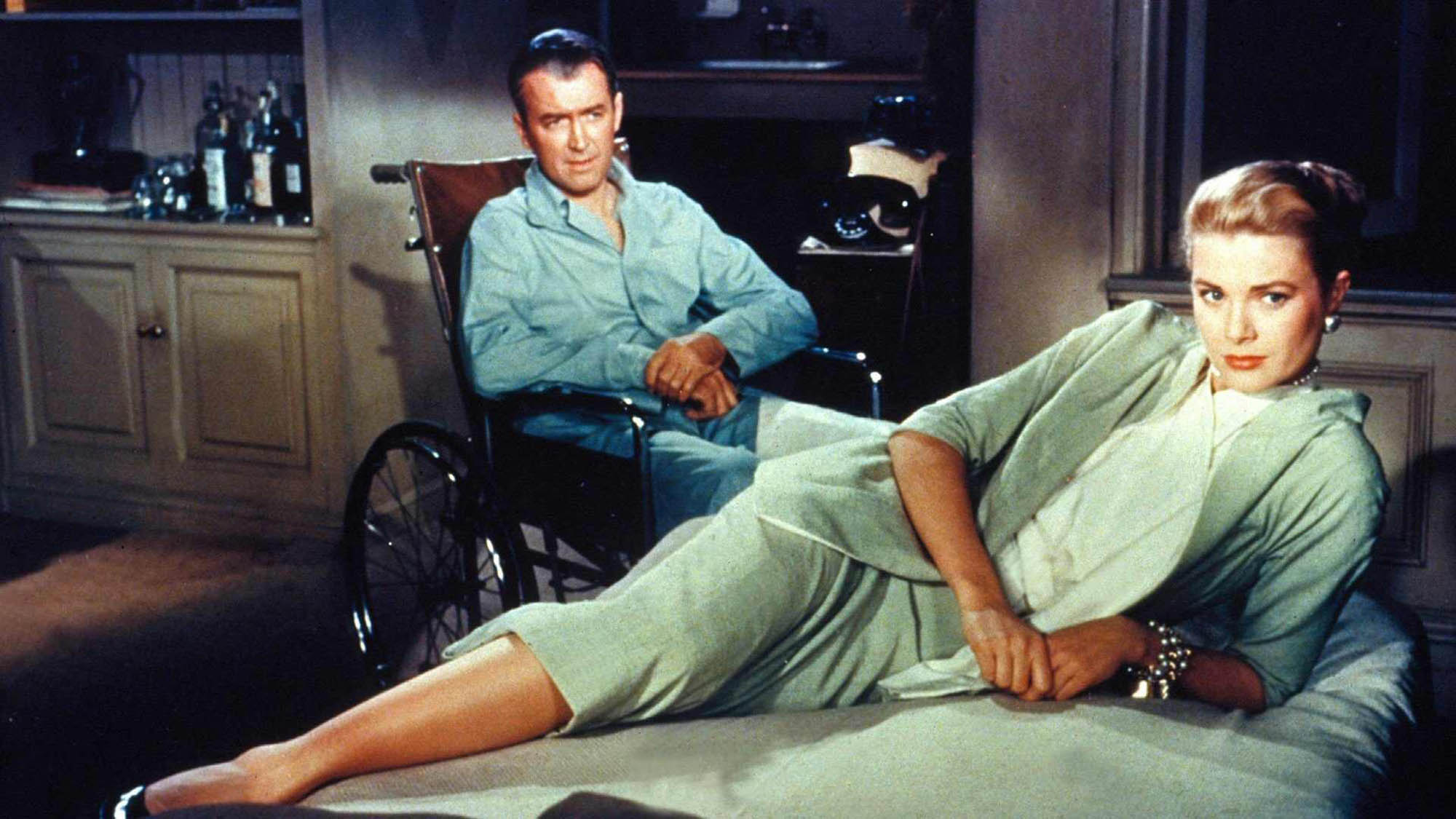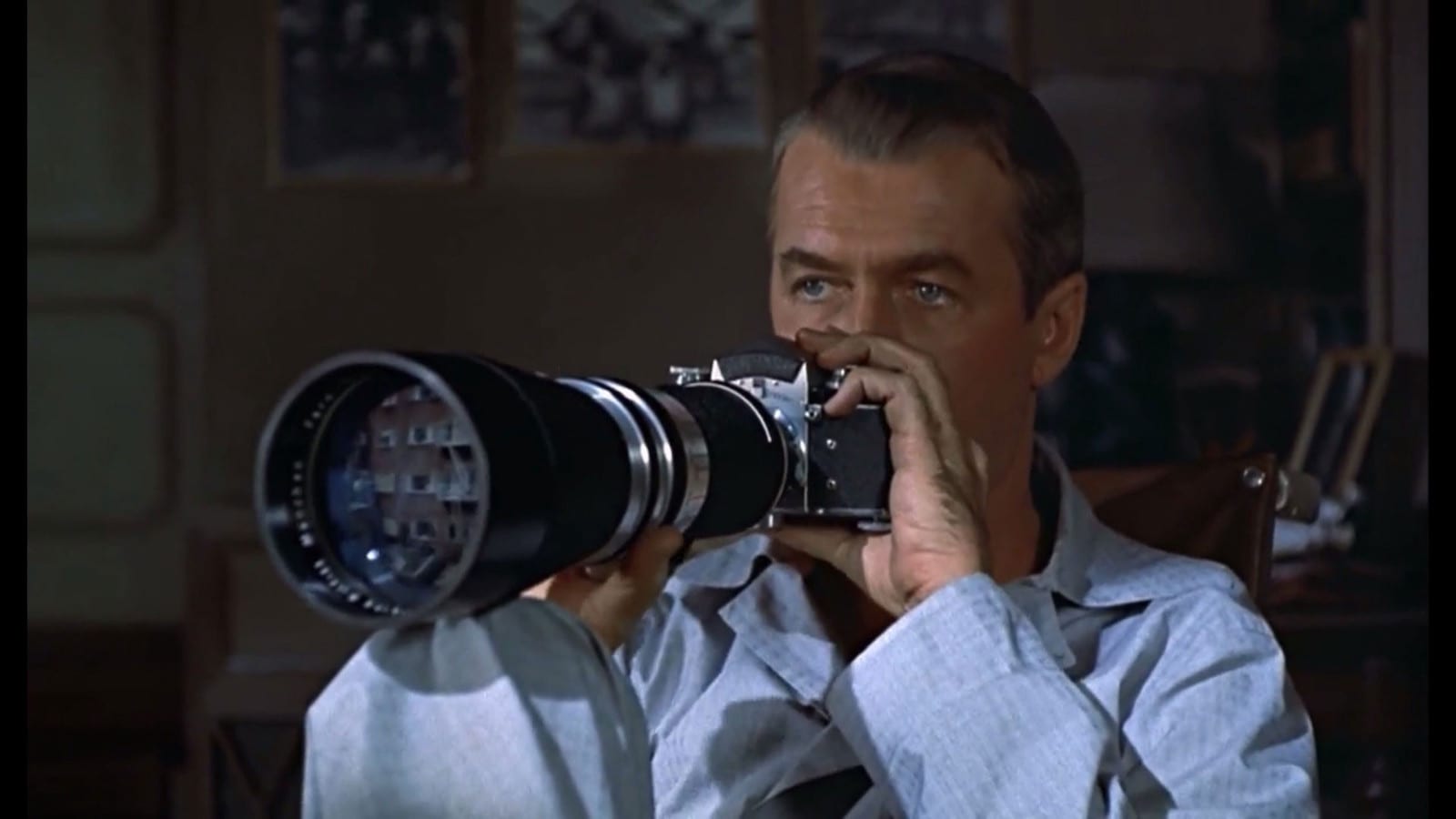
Looking at ‘Rear Window’ through a modern lens
“Wives don’t nag anymore, they discuss.” This bon mot is dropped by an unseen character as one of the opening lines of Rear Window, a two-hour long discussion of the roles that men and women play in society. Shot down by the film’s main character L.B. Jeffries (James Stewart), Rear Window is an odd duck. It’s funnier than you might remember and it’s a masterclass in filmmaking, but the gender roles are messy, in flux, and dripping with misogyny.
Rear Window may have its subliminal elements of empowered women, but that subtext would vanish less than a decade later in director Alfred Hitchcock’s landmark picture The Birds (1963). In that piece and its followup Marnie (1964), Hitchcock developed an obsession with actress Tippi Hedren that boiled over into physical and sexual assault.
In Hedren’s autobiography Tippi: A Memoir, she wrote that the director promised to ruin her career if she didn’t sleep with him. To say that this casts a shadow over Hitchcock’s filmography would be the cinema scene understatement of the millenium.

Knowing that he was such a topnotch creep makes Rear Window all the more confusing. His actions say he doesn’t like women, yet he’s directed a film in which the two female leads are the heroes. Without them, nothing happens.
Lisa Fremont (Grace Kelly) and Stella (Thelma Ritter) play the parts of the lover and mother, but rather than spend all of their time doting on L.B. Jeffries, they become active participants in a murder mystery created by the invalid male audience surrogate.
The gender roles of Rear Window are a mess. It seemed Hitchcock never liked women, but it’s strange to watch the film within a modern context, knowing the director created two smart, capable female characters who carry the audience through his voyeuristic thriller.







